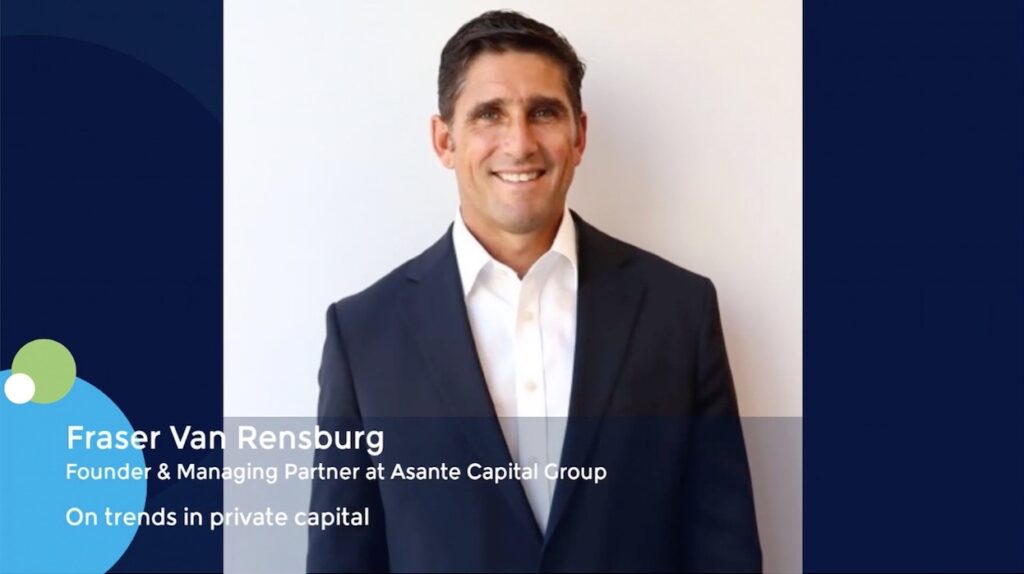US merger review is focused on litigation assessment, narrowest relevant markets – former FTC official Henry Liu
- FTC staff reviews mergers with a focus on litigation assessment
- Antitrust markets are often narrower than the public may believe
- Confidential daily work at the agency remains consistent between administrations
Henry Liu was the Director of the Bureau of Competition at the US Federal Trade Commission (FTC) from August 2023 until January 2025. Liu served under former Chair Lina Khan in the Biden administration, where he oversaw over 400 FTC staff. He played a key role in many of the FTC’s successful merger enforcement matters, including Kroger/Albertson’s, Tapestry/Capri, IQVIA/Propel Media and Novant/CHS.
Liu recently rejoined the law firm Covington & Burling, where he is a partner and co-chair of the global Antitrust and Law Practice Group. He was previously with the firm from 2008 until he departed to join the FTC two years ago. The following Q&A has been edited for clarity and length.
Q: We have seen a number of decisions recently out of both agencies that seem to coincide with President Trump’s agenda. Do you have a theory as to how this will impact merger enforcement? Have you noticed any common thread or consistent objectives?
A: I’m not sure I necessarily agree with the premise. For the most part, we are seeing a lot of activity out of the agencies that would be typical in the ordinary course based on the review cycle from HSR filings.
Obviously, consent orders are certainly back in play. The number of merger settlements that have been reported by the [Department of Justice] and the FTC have gotten a lot of public attention. But consent orders, historically, have been a mechanism by which the agencies have resolved matters. And merger enforcement is always about prioritizing resources.
The agencies have way too many mergers than they have the capability to review. To the extent there are certain decisions to settle a case, or not pursue certain cases, that would be relatively consistent with the agency heads prioritizing resources in the same way they have historically.
Q: Do you have a sense as to how much independence the FTC or the DoJ have, relative to prior administrations?
A: The antitrust division of the Justice Department has always reported to the Attorney General and then to the White House, in the same way that any executive agency would.
The FTC, of course, has historically been an independent agency, but the administration has taken the position in litigation that they disagree with the Supreme Court’s decision in Humphrey’s Executor, and believe that members of independent agencies serve at the pleasure of the President.
I think from the FTC side of the ledger, as well as other independent agencies, there’s been a significant change based on a viewpoint about where the independent agencies fit in with the executive branch. But in terms of the reporting line, I think the antitrust division is typical for historical norms.
Q: Do you have any sense of what is motivating the heads of either agency? Or what kind of agenda they might be interested in pursuing?
A: All I know is what has been publicly reported. And we have some insight based on the decisions they’ve made so far, including the settlements on merger matters. We also have some indication based on their speeches.
What I had inferred is that they do intend to pursue aggressive merger enforcement, but in a slightly different way than the prior administration. I think the way that AG Slater had framed it was, “you can expect enforcement to be more aggressive than the Bush administration, but less aggressive than the Biden administration.”
Whether that actually bears out… obviously, we’ll have to wait to see their track record.
Q: It was big news when President Trump removed Commissioners Slaughter and Bedoya. How do you think not having the Democratic Commissioners on the commission could impact merger enforcement?
A: I had worked at the Commission during a time in which, for the first half of my tenure, there were only three commissioners, all Democratic. And then Commissioner Holyoak and then-Commissioner Ferguson, now Chairman Ferguson, were confirmed in 2024 and we had a full Commission – three Democrats, two Republicans.
I can say from my own personal experience that having a full commission is great. There was excellent camaraderie and intellectual debate at the commission level to get to the right result. And we were proud of the fact that during my tenure there, we had a string of bipartisan votes in merger cases – both in Tapestry and the Tempur Sealy matter, as well as a bipartisan vote on the HSR form revisions.
I come from the perspective that a full commission is a benefit to the public. I think that statements from the majority and the dissents give a window into decision making. And where there are disagreements and debates, it is helpful for the public to understand the rationale for why the commission makes a certain decision and what the considerations were.
We benefit from hearing that and can tailor our approaches and enforcement decision-making based on what signals the commission is sending from these statements. I think there’s certainly a benefit to having the voice of the full commission.
Q: After your tenure leading the Bureau of Competition, what are some of the dynamics within the agency that those of us on the outside might be unaware of?
A: My experience is that the FTC, at least in the Bureau of Competition, has some of the best litigation talent in the world. They do the work with a fraction of the resources that are available to the private sector. When I was there, I oversaw a staff of about 400 or so attorneys and staff that were responsible for antitrust enforcement. That’s the size of a single Big Law litigation department.
Second, I would say that there’s always a lot more going on at the agency than is being publicly reported. I know that’s not a surprise, but a lot of the attention that you see in the news is based on a very small number of matters. Day in and day out, staff is business as usual, particularly on the merger front. There’s just so much activity that they’re doing at a staff level that for confidentiality reasons never gets to the public realm.
There is a tendency to overreact to the decisions that are made. A lot of times, the public forgets that the vast majority of work that’s being done privately and confidentially by staff doesn’t change across administrations.
Q: Do you have any guidance for those of us tasked with assessing antitrust risk from the outside? Any developments that you would suggest looking for, or patterns that could emerge with problematic deals?
A: If you’re assessing antitrust risks for a deal, it really is a litigation assessment. From the staff perspective they are thinking first and foremost, what does the case look like? If we were to bring this case in front of a court, what would be the evidence, what would be the story, and what would be the facts that we can marshal to support a case to block the deal? That is how they’re thinking about it.
At the end of the day, if the facts and evidence and the analyses don’t line up with a successful challenge, then for the most part, those are the matters that are allowed to proceed.
From day one, to effectively counsel clients in assessing the antitrust risk, you really do have to have a good sense of what the litigation risks are and what it would look like in a trial setting.
The second thing is, when the public thinks about competition in a market, they aren’t always thinking about it in an antitrust market sense. When staff are assessing a deal, they are thinking, “what is the narrowest relevant market in which competition occurs?”
I think that there’s oftentimes a disconnect between what is a relevant market economically and for antitrust purposes, and what the non-antitrust world will believe is a market for effective competition. There seems to be a disconnect between looking at the narrowest relevant market for which effective competition happens, and oftentimes what is being said or reported, or how financial analysts are thinking about a deal in a relevant industry segment.
Q: Who are some of the key participants in reviews or investigations that the FTC contacts during the course of its work?
A: In any merger matter, I think you would very much want to understand what the views and reactions are of customers and competitors. The views of those third parties are pretty paramount in assessing the overarching antitrust risk associated with a particular transaction.
Q: Is there anything else that you think it would be important for our readers to know about how the FTC works from the inside?
A: The talent there is tremendous. I had high expectations going in and they were really met. I don’t think people realize how good the enforcement staff is at the agency.












